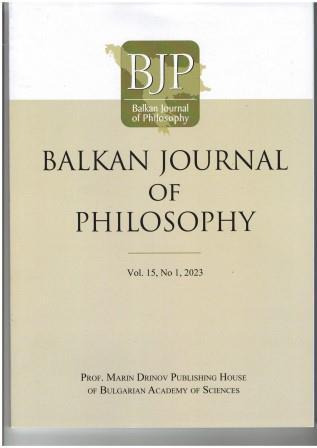Computational creativity or automated information production?
Computational creativity or automated information production?
Author(s): Anna LongoSubject(s): Philosophy, Fine Arts / Performing Arts, Epistemology, Social Philosophy, Special Branches of Philosophy, Philosophy of Science, Sociology of Art
Published by: Институт по философия и социология при БАН
Keywords: computational creativity; machine learning; information; inequality; art.
Summary/Abstract: Algorithms and automated learning systems have been successfully applied to produce images, pieces of music, or texts that are appealing to humans and that are often compared to artworks. Computational technologies are able to find surprising and original solutions–new patterns that humans cannot anticipate– but does this mean we ascribe to them the kind of creativity that is expressed by human artists? Even though AI can successfully detect humans’ preferences as well as select the objects that satisfy taste, can we ascribe to them the capacity of recognizing the intrinsic value of artworks? To answer these questions, I am first going to explain the kind of creativity that is expressed by contemporary predictive systems, then, in the second part of this paper, I will try to show the difference between the creativity of algorithms and the creativity of artists by expanding on Deleuze’s reflections.
Journal: Balkan Journal of Philosophy
- Issue Year: XV/2023
- Issue No: 1
- Page Range: 13-22
- Page Count: 10
- Language: English

